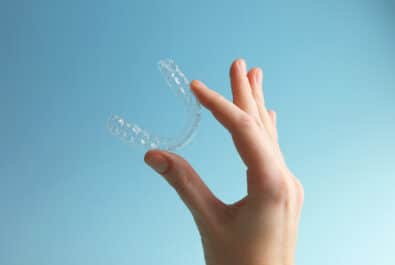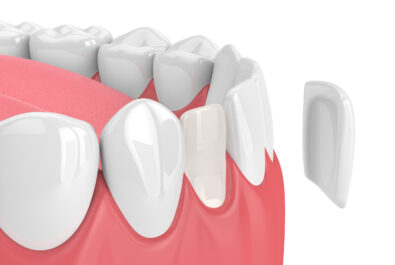Sleep apnea is a disorder that disrupts your sleep cycle throughout the night, often leaving you excessively tired during the day. However, it can be difficult to diagnose since patients are usually unaware that they aren’t getting a full night’s rest. If you’ve been hearing that your snoring is unbearable – it could be time for a visit to the dentist as this is a common sign of sleep apnea. To diagnose a sleep disorder, your dentist will recommend a sleep study where your blood and oxygen levels are monitored throughout your sleep cycle. If you suspect you’re suffering in your sleep, these FAQs about sleep apnea can help you understand the disorder.
Is Snoring Normal?
To a certain extent, mild to moderate snoring is normal. However, you should visit your dentist if your snoring begins to disrupt your sleep or the sleep of anyone around you.
Is Sleep Apnea Dangerous?
The reason your body is waking so often is due to the lack of oxygen. There are two different types of sleep apnea; obstructive and central. With OSA, the muscles around your airway relax, causing it to close off the oxygen flow to your brain. Central sleep apnea is much less common and occurs when your brain fails to send signals to your muscles to retrieve oxygen. It can definitely be dangerous, especially if left untreated. Not only can it lead to other health problems like heart disease and high blood pressure, but the fatigue you can experience from the lack of sleep can lead to extremely dangerous situations if you were to get behind the wheel of a car.
Am I Able To Treat My Sleep Apnea?
Absolutely – there are several treatments your dentist may recommend depending on your situation. For mild cases, a few lifestyle changes may be in order such as losing weight or throwing out habits like smoking tobacco. However, for moderate to severe cases, your dentist may recommend an oral appliance to help keep your airway open while you sleep. In extremely severe cases, oral surgery has been recommended to remove soft tissues that could be blocking the airway. But, ultimately, it depends on your individual condition and your dentist will recommend what will work best for you.













